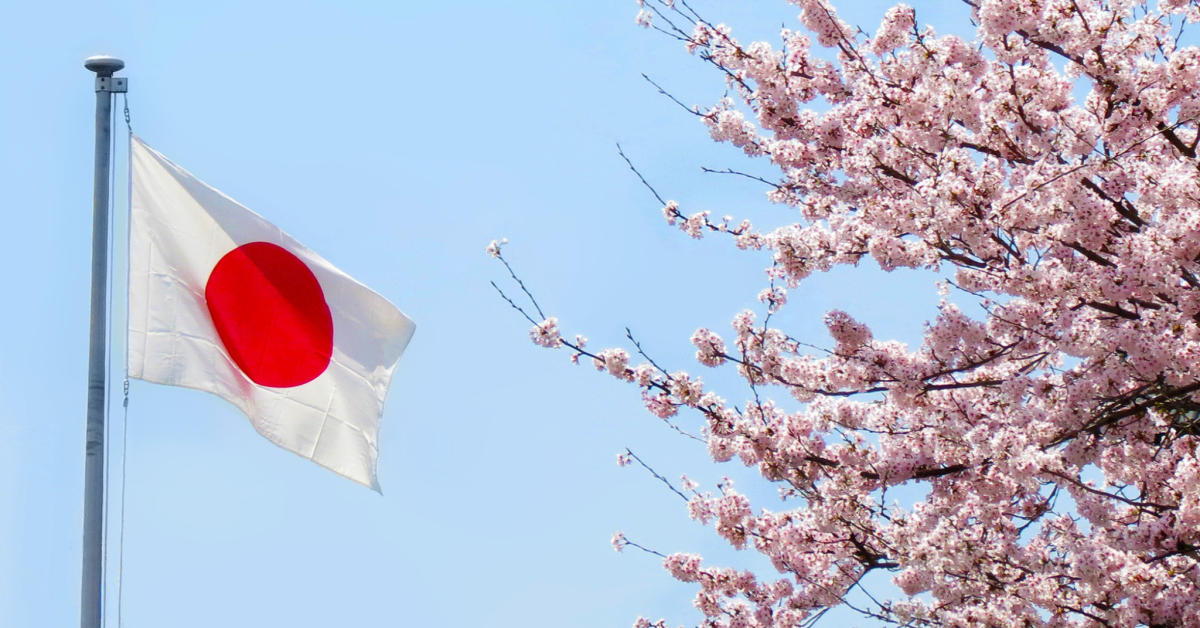Japan’s Prime Minister Nomination Results
At a Glance
Prime Minister Shigeru Ishiba secured a second term following Monday’s rare runoff vote in Japan’s House of Representatives after the recent General Election saw the ruling Liberal Democratic Party (LDP) coalition lose its majority.
Despite opposition alignment against the ruling party over recent political scandals, the inability of opposition parties like the Constitutional Democratic Party (CDP), the Democratic Party for the People (DPP), and the Japan Innovation Party (JIP) to unify on key issues allowed Ishiba to retain the premiership.
However, now holding the balance of power, the DPP hinted at a willingness to work with the ruling coalition, particularly on policies impacting household income, such as raising the “annual income barrier” to boost earnings for part-time workers.
In light of Ishiba’s weakened support in the House of Representatives, his administration will likely cooperate with the DPP. The DPP, which proposes increasing the income limit on dependent tax exemptions to JPY 1.78 million (USD 11,500), aims to address wage stagnation for part-time and low-income workers. However, the effectiveness of this collaboration may be hindered by an eleventh-hour scandal involving the DPP leader, Yuichiro Tamaki, which could impact their stability and influence on policy negotiations moving forward.
On foreign policy, Ishiba faces potential challenges with the recent US presidential victory of Donald Trump, known for his “America First” approach. While Ishiba previously indicated an interest in revising the Japan-US Status of Forces Agreement and pursuing a regional defense alliance, Trump’s likely demands for increased defense contributions and preference for bilateral agreements may limit these ambitions.
Results: Ishiba Managed to Secure His Second Term
In response to the recent General Election, which resulted in the ruling LDP coalition losing majority in the House of Representatives, the 215th Special Diet session convened both houses on November 11 to hold a vote to appoint a new prime minister. For candidates to be nominated as prime minister, they must win a majority of the total votes. Otherwise, a runoff vote is conducted between the top two candidates if no candidate obtains a majority.
In the House of Councillors, where the ruling coalition is the majority, Ishiba won a majority of the votes (142 out of 248). In the House of Representatives, however, where no political party has the majority, no candidate won a majority. This led to a runoff between the top two candidates, Ishiba (221 out of 465) and Noda from CDP (151 out of 465). This was held for the first time in three decades and the fifth time in history. The runoff vote resulted in Ishiba’s victory. The key factor is that while the anti-ruling party sentiment was shared among opposition parties, the key opposition parties - the CDP, the DPP, and the JIP - held divergent positions on crucial topics and failed to unify.
Behind the Scenes: Post-General Election Developments
After the General Election, the two largest parties, the LDP and the CDP, had been grappling with securing allies to win the majority. Forming a coalition among the key opposition parties - the CDP, the DPP, and the JIP - proved too difficult despite a shared anti-ruling party sentiment, especially regarding the “politics and money” scandal. Amid this situation, the DPP has emerged as the likely holder of the balance of power in the Diet, with its leader, Yuichiro Tamaki, alluding to the possibility of a partial coalition: “We will cooperate with good policies and say no to bad ones.” The DPP tapped into this opportunity to put forward its policy, the revision of the “annual income barrier,” to fulfil its main policy goal of increasing the disposable income of the working generation.
The Political Fund Issue
The slush fund scandal was the key factor in the LDP’s defeat in the General Election. The opposition parties have urged the ruling party to further revise the Political Fund Control Law at the Extraordinary Session expected to be convened this year.
The “annual income barrier” issue— the JPY 1.03 million income limit
Under current rules, JPY 1.03 million is the annual income threshold at which family members are no longer considered dependents and are expected to pay taxes. Consequently, this discourages workers from increasing their income by working more. In light of this situation, the DPP has advocated raising the cap to JPY 1.78 million, an increase of 73% since 1995, when the JPY 1.03 million threshold was established.
DPP hit hard by a last-minute scandal
On November 11, 2024, DPP head Yuichiro Tamaki admitted to an extramarital affair in response to a tabloid magazine’s report. This stunning development, which unfolded immediately before the vote, left the question of whether he would resign and how this will affect the ongoing discussions with the ruling coalition on policies, including the “annual income barrier” issue.
Policy Implications for Businesses
While Ishiba managed to secure his second term, the outlook remains gloomy for his hold on power, as he lacks a political support base within the LDP and the House of Representatives.
Economy
In cooperating with the DPP, which will be critical to supplementing his weak political support base, Ishiba would have to address the “annual income barrier” as a core economic issue. While the LDP has made it clear that it will reconsider the “annual income barrier,” the extent to which it will incorporate the DPP’s demands will depend on future discussions. As this policy directly affects low-income workers nationwide - especially part-time workers - businesses should closely monitor the unfolding developments and re-consider their strategies on the labor conditions of their employees where necessary.
Foreign Policy and Security
Although Ishiba was eager to review the Japan-US Status of Forces Agreement (SOFA) and establish an Asian version of NATO during the LDP Presidential Election campaign, it is unlikely that he will pursue his ideals in his second term. Not only does he lack the domestic political support base, but President Trump's victory will force him to focus on steadily implementing current foreign and security policies based on the existing Japan-US Alliance.
Under his “America First” policy, Trump may demand that allies bear more of the costs, impose tariffs, and challenge multilateralism. Facing these potential and unique challenges, the Ishiba administration needs to build a stable relationship with the Trump administration, underpinned by personal trust between the two leaders, as previously demonstrated by Abe and Trump. Ishiba congratulated Trump by phone after the latter’s electoral victory. He is also reportedly visiting the US in November 2024 after attending the G20 Summit in Rio de Janeiro to meet Trump in person. Businesses should closely monitor developments and be mindful of the Trump administration's unique challenges and opportunities.
Materials presented by Edelman Global Advisory Japan. For additional information, reach out to Richard.Andrew@EdelmanEGA.com or Yuichi.Kori@EdelmanEGA.com



